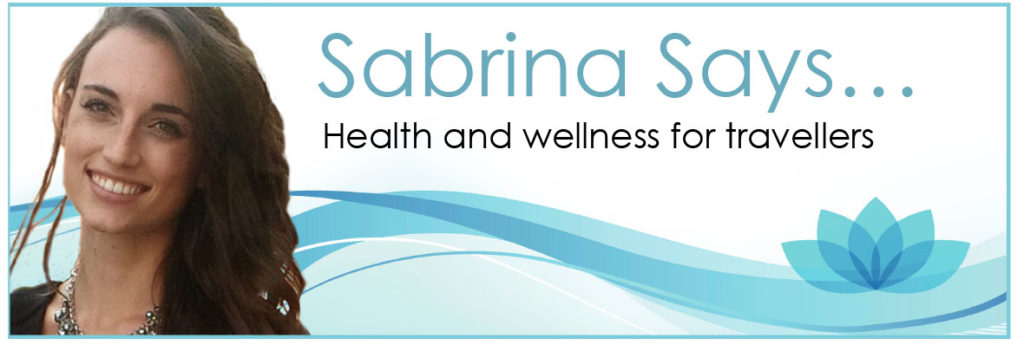The kind of corona you might like on vacation is not the one that’s been making news headlines lately. Tightening travel restrictions and increased screening at all major airports have been the main topic of conversation, as Chinese health officials try to quarantine the Coronavirus within the 11 million people living in the city of Wuhan.
What is Coronavirus?
Coronavirus is a family of viruses that includes the familiar SARS outbreak, which also occurred in China back in 2003. Although it comes from the same family, the Coronavirus is demonstrating its own unique personality.
The good news is, despite the numerous and growing number of fatalities, the symptoms of Coronavirus appear to be less severe than those of SARS. The bad news is Coronavirus is contagious during its incubation period. The incubation period is the amount of time between when you come into contact with the virus and when you start to show symptoms. Health officials have discovered that unlike SARS, Coronavirus is contagious up to 14 days before the fever and dry cough set in. It’s challenging enough to contain an entire city, let alone with a viral outbreak that can be transmitted silently without obvious symptoms.
How can you protect yourself?
Since it is a new strain of the virus, there is no vaccine currently available for prevention. Instead, similar flu prevention rules apply. Wash your hands often, and steer clear of people who are coughing and sneezing. In fact, the escalation of this outbreak has been attributed to the Lunar New Year, a celebration that marks the busiest travel period and gathering of people in the Chinese calendar. While you may not have any plans to visit China or surrounding countries in the near future, you may want to protect yourself in case it spreads closer to home.
Support your immune system.
Prioritize sleep! This is the single most important thing you can do for your immune system and overall health. Our bodies are infinitely wiser in their ability to heal then we give them credit for. Sleeping eight hours each night gives your body the down-time it needs to take care of itself and optimize your immune system function. Aim for a bedtime before midnight (10 pm is ideal) and avoid screens at least an hour before that. You may also want to practise some deep breathing exercises to further relax and maximize deep and restful sleep when you can.
Of course, it always helps to enjoy lots of brightly coloured whole fruits and vegetables to give your body the nutrients it needs to function in tip top shape. Particularly vitamin C rich foods like kiwis, bell peppers and apples (with the skin!) and fermented foods like sauerkraut, kimchi and kefir. Probiotics are the most effective way to keep your army of helpful bacteria strong against potential invaders.
Beyond food, it is equally important to be drinking your liquids! Eight glasses of water per day will help your body to flush out toxins, not to mention help fight fatigue too. If you gag at the thought of that much water, try non-caffeinated herbal teas instead. Lemon ginger is a great immune boosting option. Regardless, you should be annoyed at how many trips you have to make to the washroom, that’s how you know it’s working!
Supplement!
While oil of oregano is highly effective at warding off a cold at the first sign of a sore throat, it is not a great choice as a preventative measure. With longer term consistent use, it can have a negative impact on your gut bacteria, counteracting the positive efforts of probiotic rich foods. So, save it for the early signs of infection instead.
Cue olive leaf extract.
Olive oil is one of the most well-known constituents of the Mediterranean diet, and as it turns out, the leaves of the olive tree are worth talking about too. Olive leaf extract is loaded with antioxidants that are 400% more powerful than the equivalent amount of vitamin C! It also contains a plant compound called Oleuropin, a compound known to be anti-inflammatory and immune stimulating, particularly in viral infections in the upper respiratory tract. (Bonus, it helps support a healthy heart too!). While it comes in many forms, I always suggest liquids where possible since they are easier for your digestive system to absorb.
As a side note, those living with autoimmune conditions should talk to their trusted health care professional first, as immune stimulation is the last thing you need when your immune is already overstimulated!
Finally, I always believe that everything happens for a reason and that our day to leave the earth is predetermined. It helps me to release some of the stress and fear that can otherwise seep into the day to day activities.
Do your best as much as possible and that’s all you can ask for, eat your veggies, drink water and be happy and grateful more than you’re afraid. I’d rather a short life full of adventure and experiences than a long one lived in a bubble of fear, wouldn’t you?

